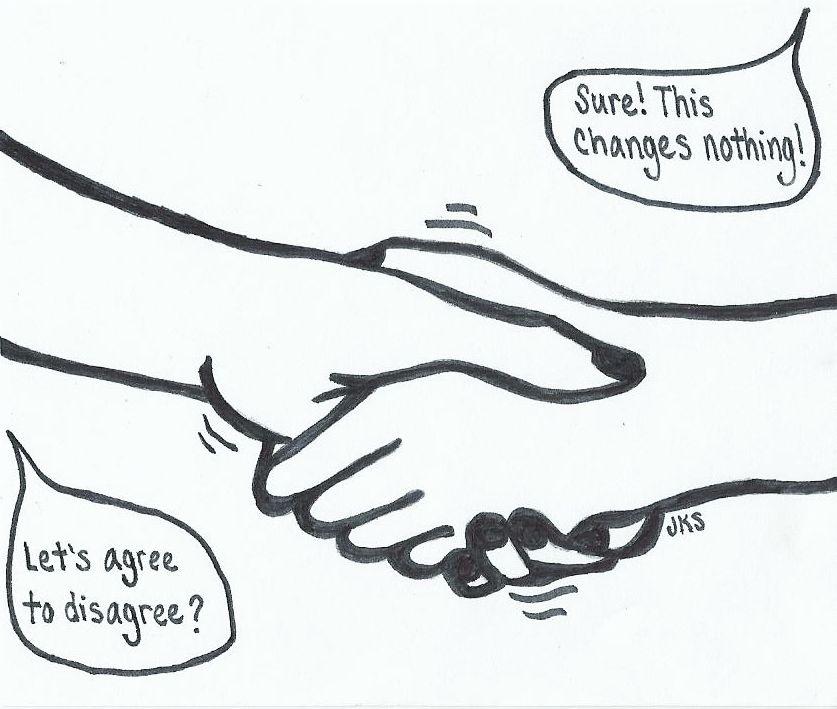In general, people consider you to be a snob if you are particularly picky about which parts of pop culture you choose to consume, let alone if you critique other people’s tastes for being problematic. Heaven forbid you call it bad or explicitly harmful.
But why is being selective a bad thing?
In today’s social climate, many people stress the idea of general tolerance, stating, “You do what you want to do and I’ll do what I want to do, and we’ll agree to disagree.” I posit that this is a dangerous stance to take.
The television network TLC (which, ironically, is an abbreviation for “The Learning Channel”) recently canceled its break-out show Here Comes Honey Boo Boo.
You may ask yourself, “For a channel that actively encourages the demarcation of lower-class families, puts minority-group people on exhibit as if they were zoo animals and highlights the pedophilic nature of child beauty pageants, what could have possibly crossed the line?” The answer? The possibility of child molestation.
The exploitative network recently heard allegations that June Shannon (the mother of the eponymous Alana “Honey Boo Boo” Thompson) had resumed dating an ex-boyfriend who had previously been convicted of molesting an 8-year-old child—a relative of Shannon’s.
It is not OK to enjoy the show Here Comes Honey Boo Boo, at least when the enjoyment you obtain from watching the program lies in the disparity between your life and theirs. It is not OK to laugh at behavior that you perceive to be ridiculous because it stems from a background of poverty and lack of social privilege. It is not OK to enjoy a show in due part because it so enthusiastically and aggressively exploits a child. It is not OK to view real people as if they are spectacles and not human beings.
And yet it takes a debacle that directly indicates the harming of a child—literally one of the worst, most taboo things in American society—to make TLC consider taking the show off the air. Apparently even TLC can’t agree to disagree about the immorality of such a reprehensible action. Though I doubt the network is going to go so far as to withdraw its assertions that the production and mass-marketing of Here Comes Honey Boo Boo would not damage its underage stars in any way whatsoever.
To agree to disagree is to continue to allow whatever is being disagreed upon. If one person likes Duck Dynasty and another person dislikes it because it perpetuates patriarchal stereotypes and supports the career of an admitted homophobe, to agree to disagree is to allow harmful messages to continue existing and spreading throughout the collective consciousness of network television while viewers remain relatively unaware.
Though we might like to think we go about life unaffected by our environments and completely in control of every decision we make, we have to admit at some point this is not the case. Just like our identities are determined by an impalpable amalgamation of biological and environmental factors, our choices are impacted both by internal thought processes and by things we pick up from our surroundings.
Thinking about what you’re doing is better than passively digesting it and ignoring the consequences. It isn’t that every problematic show should be canceled (we would have no shows left to watch); it’s that people should not shy away from addressing the problematic content within those shows.
We shouldn’t ignore damaging content simply to protect the opinions that people often hold in ignorance. We should not be afraid to critique the things we consume; they affect us more than we realize.











